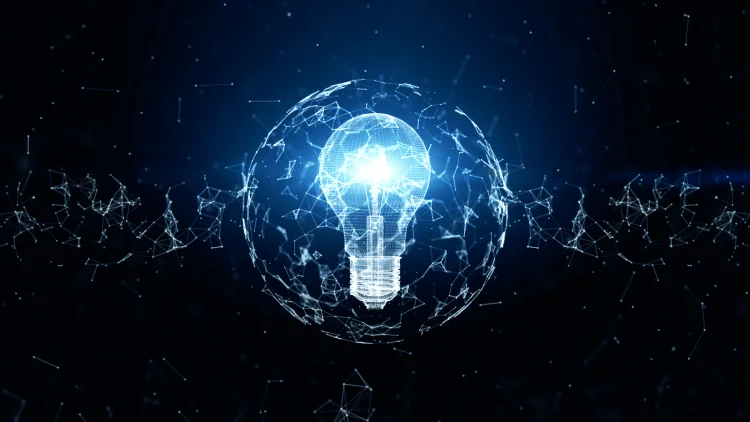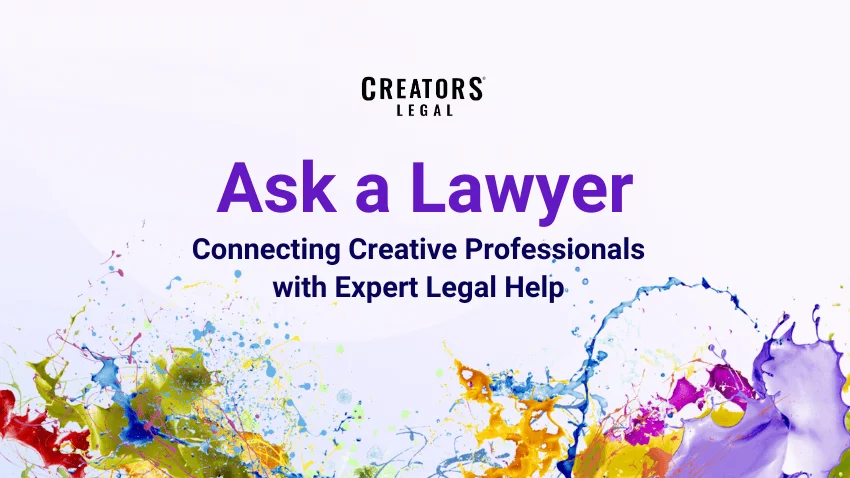The digital horizon promises groundbreaking innovations, with artificial intelligence (AI) leading the charge. As content creation processes embrace this new wave, it’s imperative to understand the associated legal landscapes. Let’s delve into the most influential trends underpinned by AI and their implications in digital series contracts.
Become One of 8,000+ Innovators Transforming the Future your Business!
Subscribe and access over 300 editable and downloadable contracts
Artificial Intelligence, AI, in Content Creation: A New Artistic Frontier
The rise of AI tools like DeepArt and Jukebox signifies an era where machines don’t just assist, but actively participate in the creative process. Whether converting simple sketches into intricate artworks or crafting music pieces from a few notes, AI’s capabilities are expanding the horizons of what’s achievable.
With AI-generated art or music, the lines blur the originality and authorship of a piece. If artificial intelligence creates a unique painting, who holds the copyright? The developer of the AI software, the operator who inputs the commands, or is it considered public domain? Such gray areas require rigorous legal evaluation.
Natural Language Processing (NLP): Crafting Tailored Narratives

NLP, a subset of AI, is about machines understanding human language. Analyze user behavior, search patterns, and content consumption habits in platforms, making personalized stories and articles. The goal is a hyper-personalized experience where online content resonates deeply with each individual.
Using NLP, especially when processing personal data, mandates a robust understanding of data protection laws. Infringement could lead to severe penalties and tarnish the reputation of content platforms or creators. Here, we could even talk about contracts for digital series and their implications.
AI Chatbots: The New-age Content Distributors
Gone are the days of static FAQs. Artificial Intelligence chatbots offer dynamic interactions, guiding users, answering queries, or suggesting content. They are becoming the first point of interaction, ensuring users find what they are looking for efficiently.
A chatbot’s response can sometimes be seen as official advice or information. Misleading or inaccurate responses, especially in health, finance, or legal areas, lead to potential liabilities.
The Power of Artificial Intelligence, AI, Algorithms in Content Curation
Every like, share, comment, or scroll is data for AI algorithms. By analyzing this data, platforms create content recommendation engines, ensuring users see what they’re most likely to engage with. The success of platforms like YouTube is attributed to such sophisticated algorithms.
There’s a thin line between personalized content recommendations and creating echo chambers or bias. Discriminative amplification or suppression could lead to legal challenges and demands for algorithmic transparency.
Subscription Models and AI’s Role
Subscription models thrive on exclusivity and value. Artificial intelligence helps to understand which content a premium subscriber might value the most, aiding creators in curating niche, high-value content pieces.
If AI-driven insights lead to differentiated service levels or content access, ensuring transparency in terms and conditions becomes critical. Subscribers should be fully aware of what they’re signing up for.
Legal and Ethical Responsibilities in AI-driven Content Creation

As AI takes center stage, it’s not just about what it can do, but what it should do. Ethical considerations, like bias prevention or misinformation checks, are becoming integral to AI-assisted content creation.
Ethical breaches can have legal consequences. For instance, if artificial intelligence amplifies false information or discriminative content, platforms, and creators could face legal repercussions, be it fines, bans, or lawsuits.
Decentralized Platforms and the AI Revolution
The merger of blockchain tech with AI promises innovations like decentralized content platforms and smart contracts. These could automate royalty payments or content licensing agreements based on predefined conditions.
The decentralized nature might pose jurisdiction challenges. Meanwhile, blockchain tech operates across borders, so understanding and adhering to diverse legal frameworks becomes crucial.
By delving deeper into each trend, we can understand the technological advancements and the intricate legal tapestry woven around them. While promising immense potential, artificial intelligence also beckons creators and platforms to tread with awareness and responsibility.
Disclaimer: This blog post is provided for informational purposes only and should not be considered legal advice






